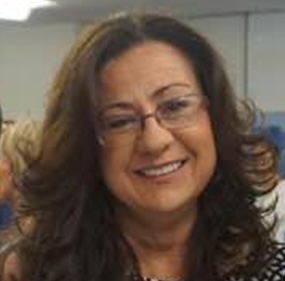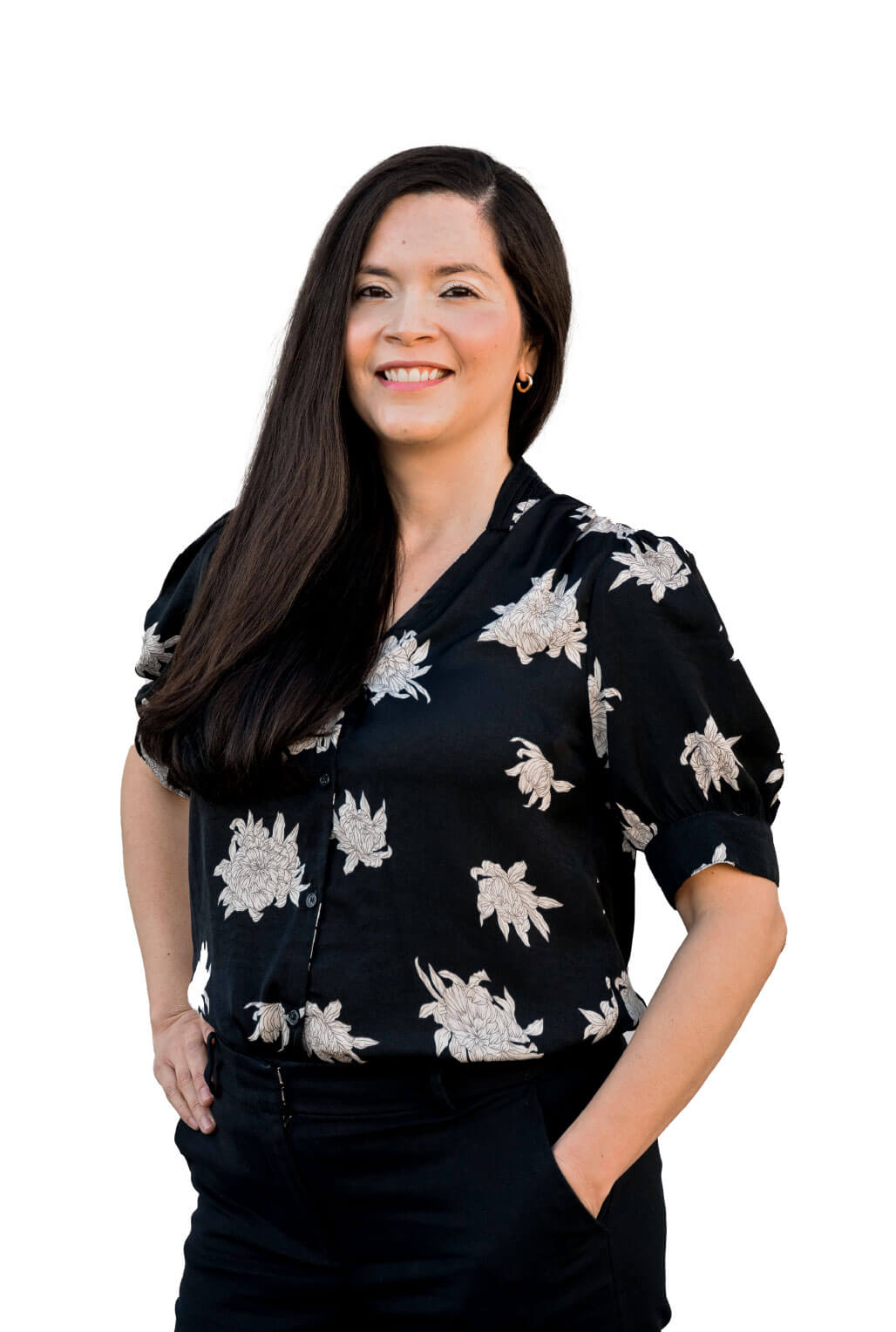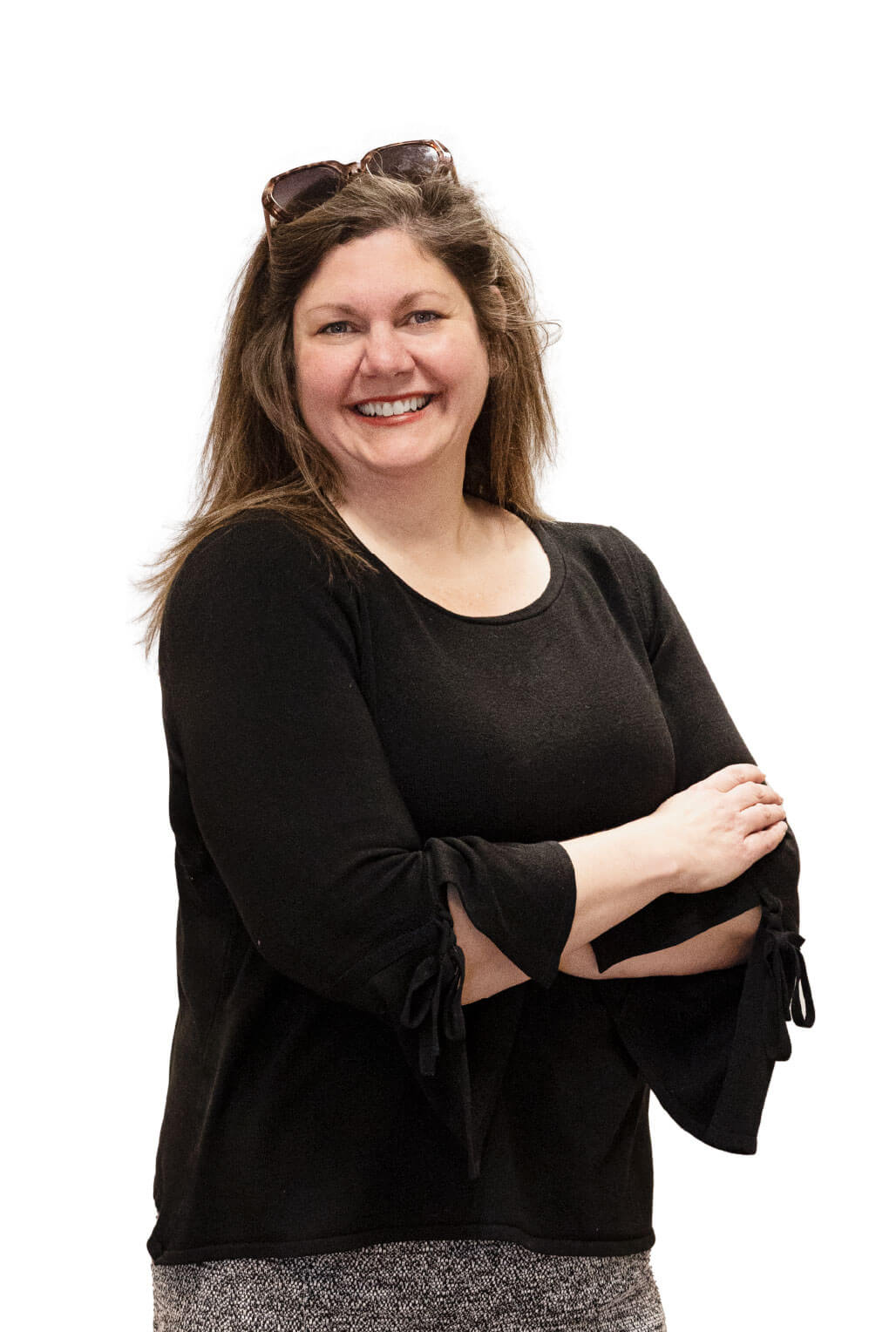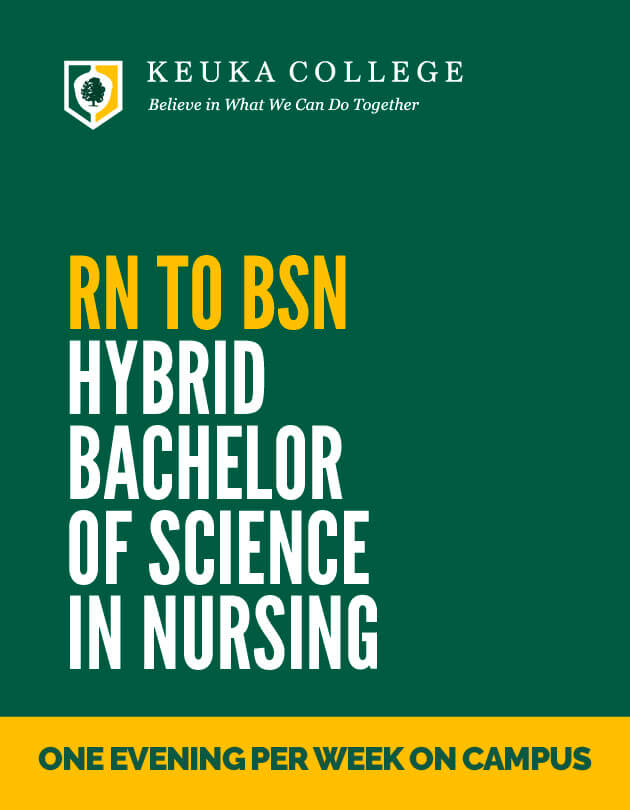
REGISTERED NURSE TO BACHELOR OF SCIENCE IN NURSING
STAY AHEAD.
START HERE.
As a hardworking nurse, you deserve an online/hybrid RN to BSN program that respects your time and expertise – while supporting your commitment to exceptional patient care and professional growth.






